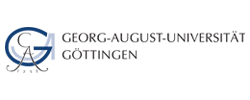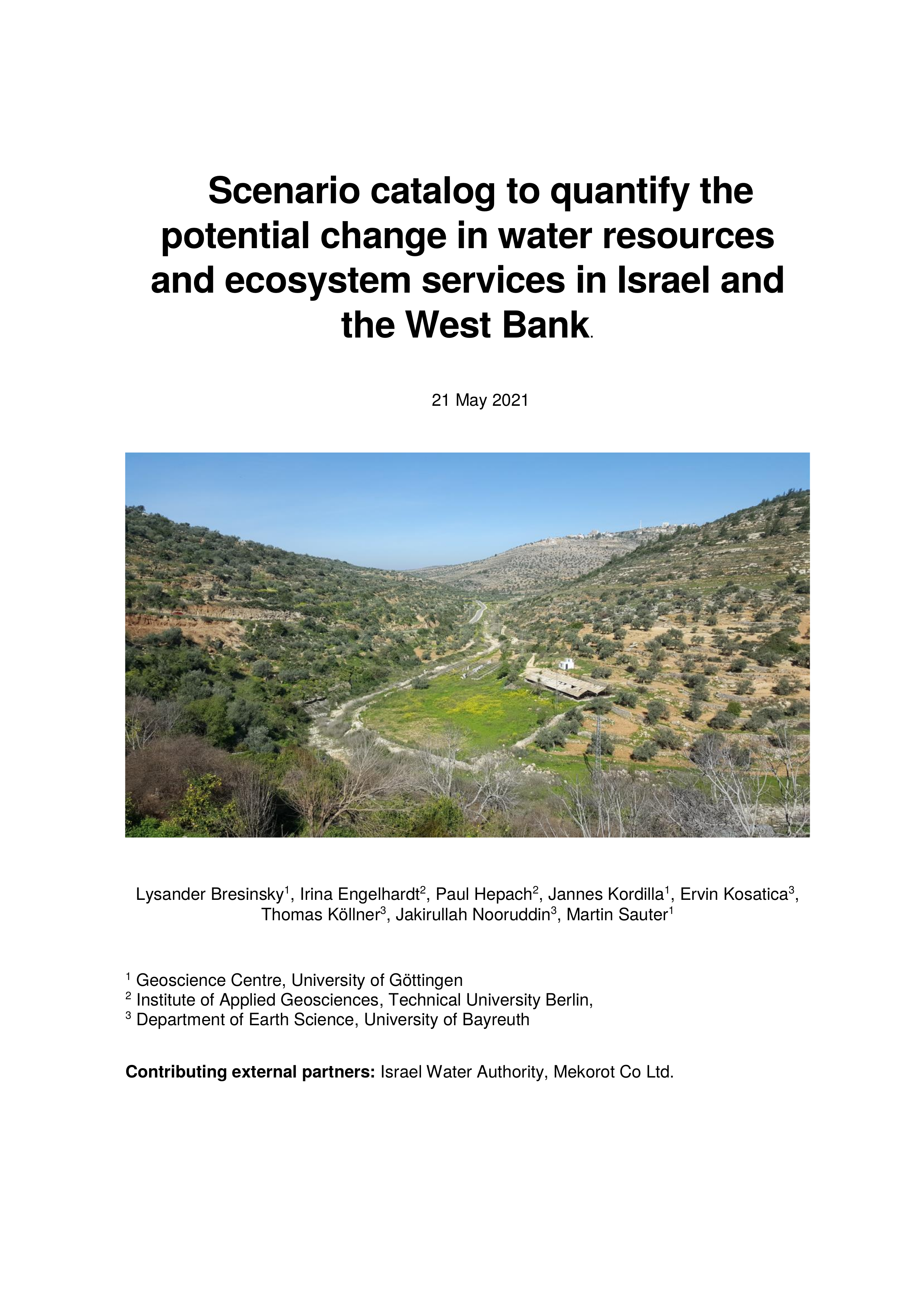The scenario analysis shows the effects of external developments and provides support for decision-makers. The scenario catalogue contains the most important influencing factors on water resources and ecosystem services.
The scenario catalogue developed for the region of Israel and the West Bank consists of three exploratory scenarios of population growth and three narrative management scenarios each:
- Regional nature conservation scenario (RNC): The RNC scenario assumes a political focus on the preservation or restoration of the local natural state and its water resources. The abstraction of water from local water resources is restricted and discrepancies between supply and demand are balanced out by importing virtual water (e.g. by importing food).
- Baseline scenario (B): The baseline scenario is based on the continuation of the currently practiced plans and guidelines. Existing trends remain unchanged.
- Regional resource intensive scenario (RRI): The RRI scenario takes into account a focus on economic growth, despite the extensive damage to local water resources and nature. The abstraction of water from local water resources is not restricted. High priority is given to industrial demand and local agricultural production, which reduces the import of virtual water.
The management factors of the individual scenarios were developed in close cooperation with local authorities. The scenario catalogue developed here can be transferred to other research projects and analysis methods.



